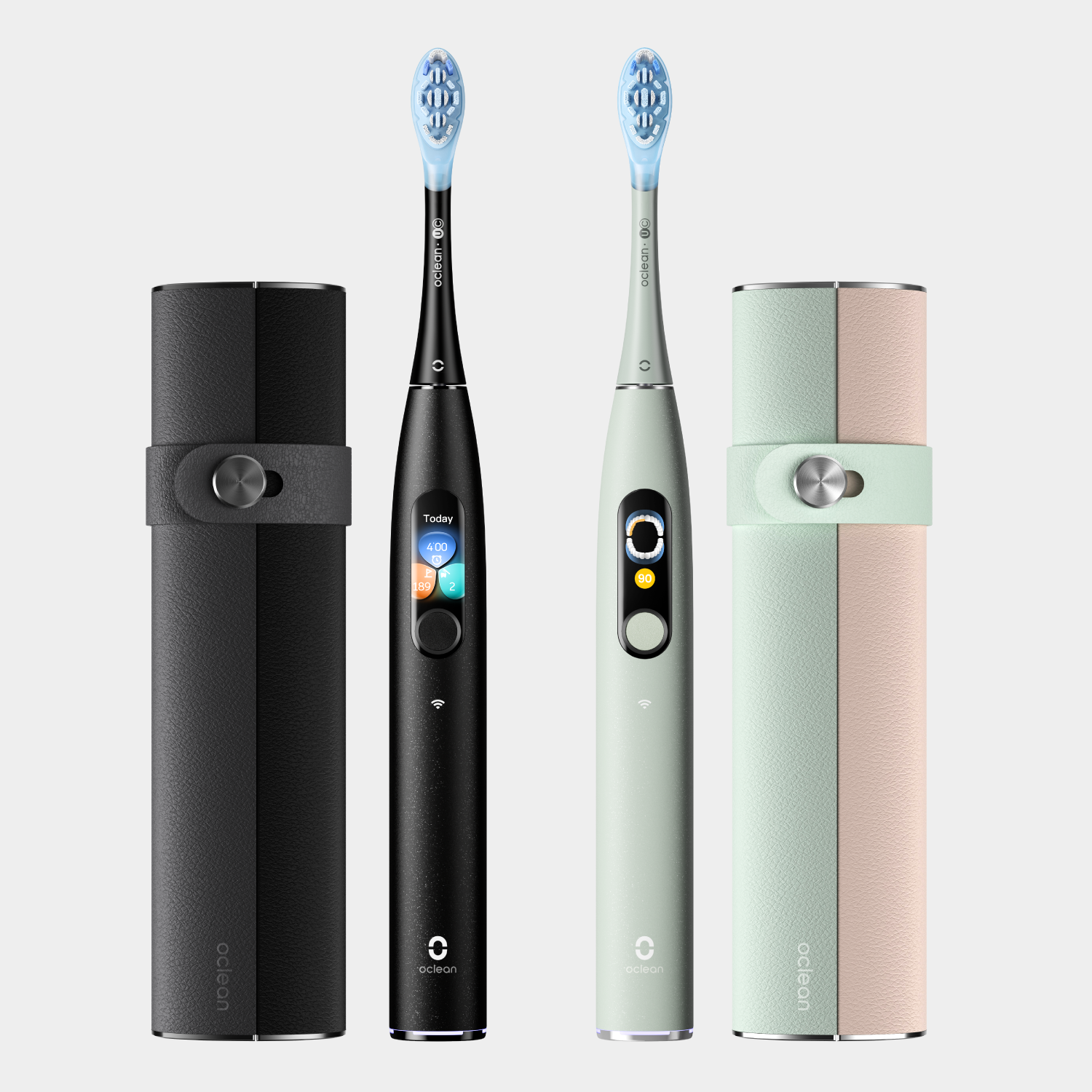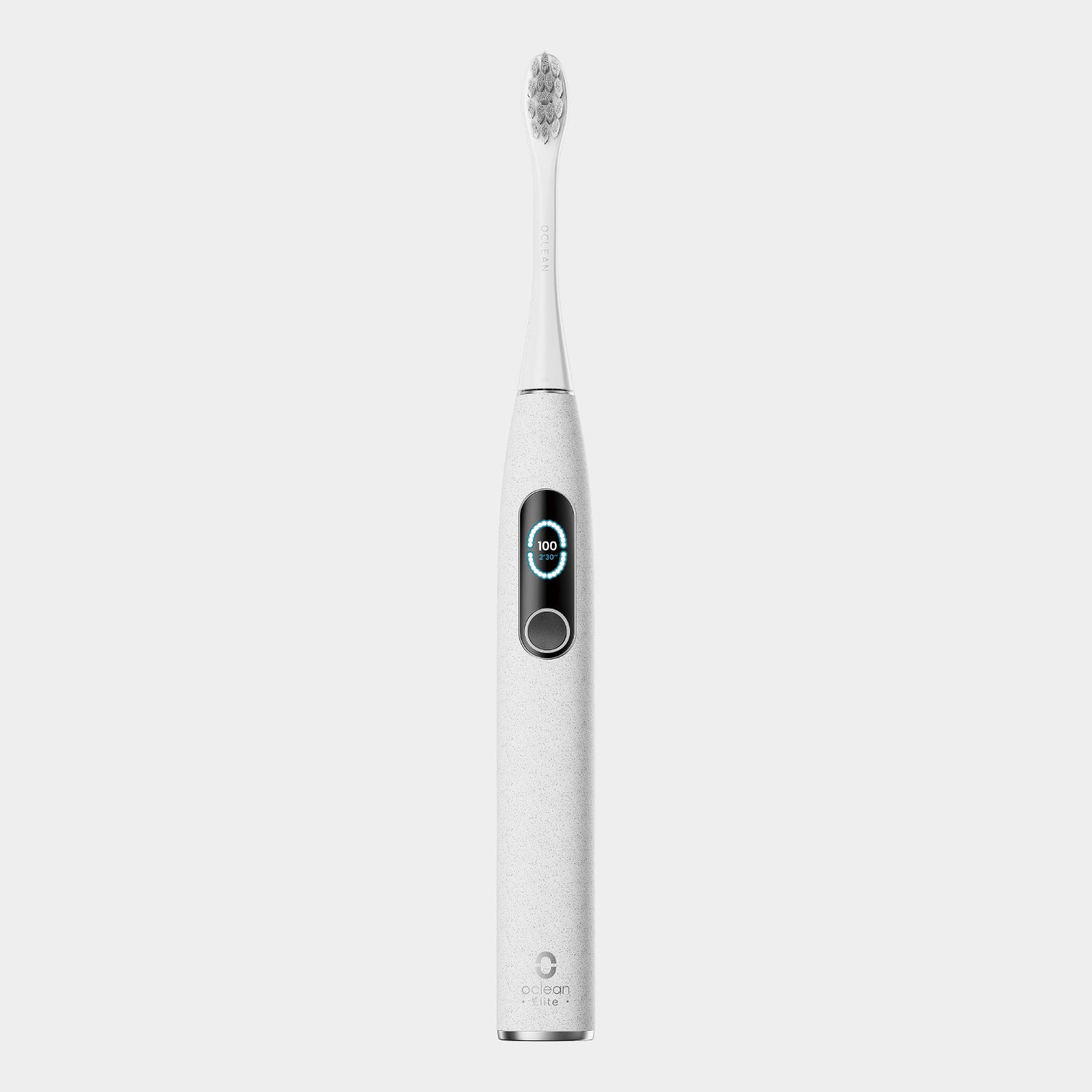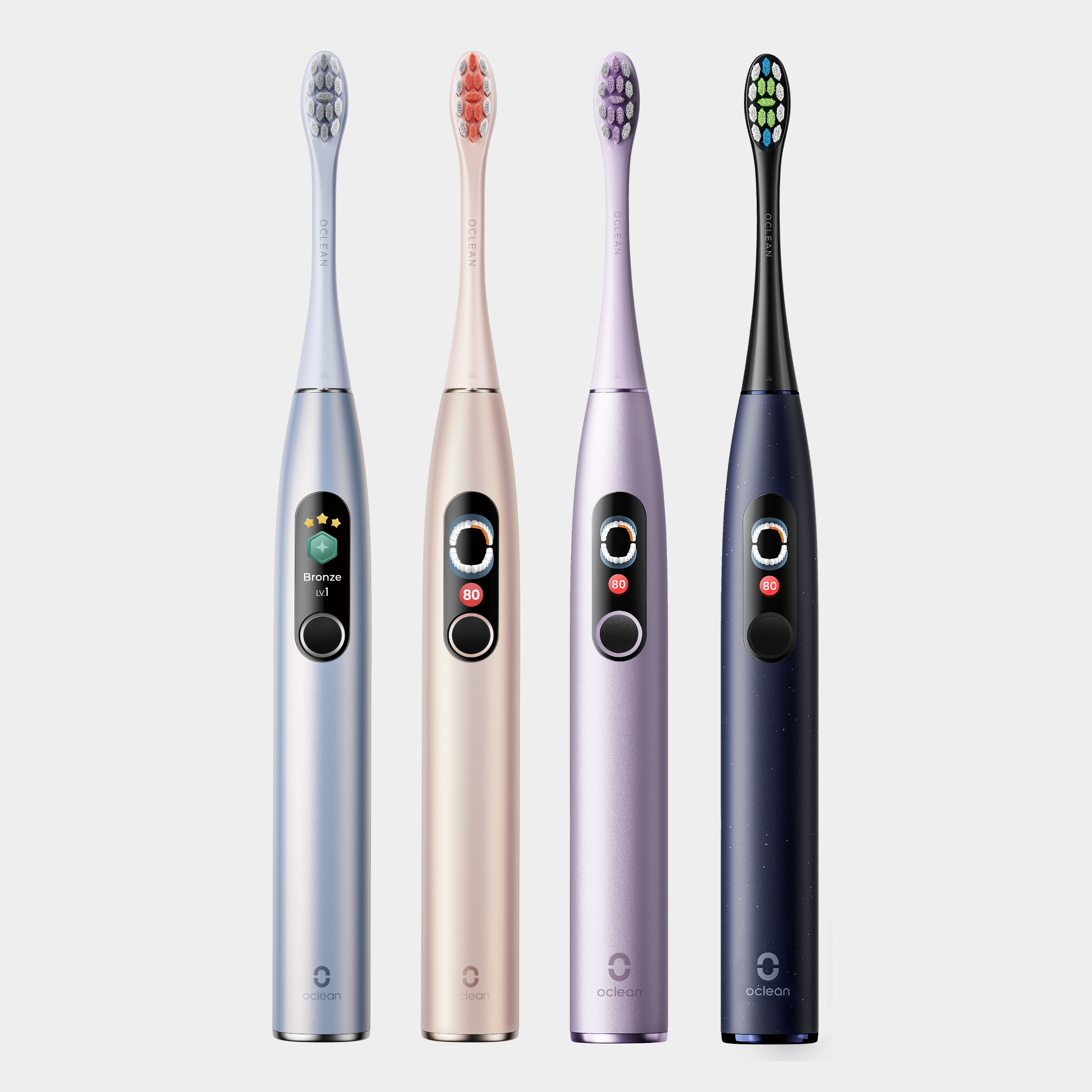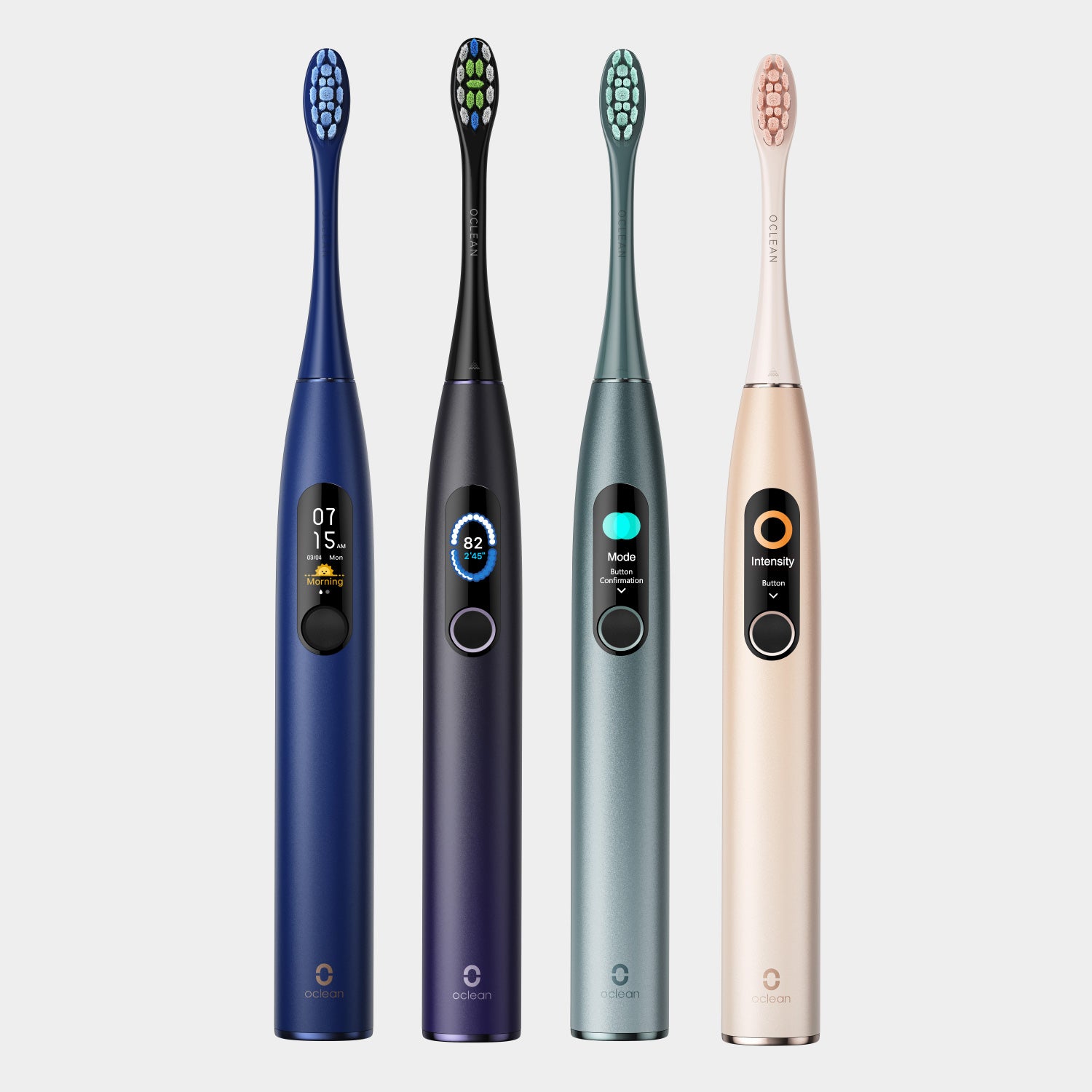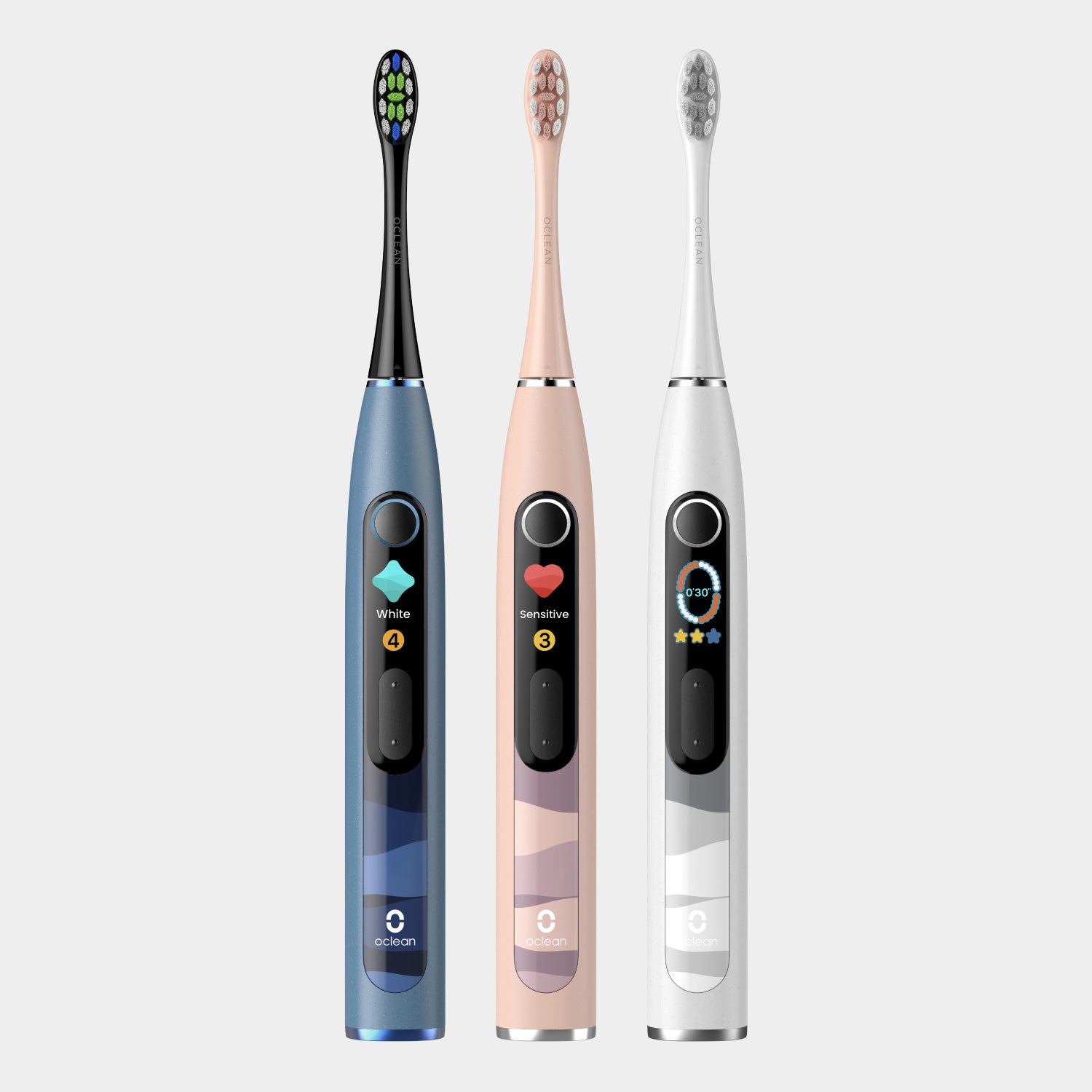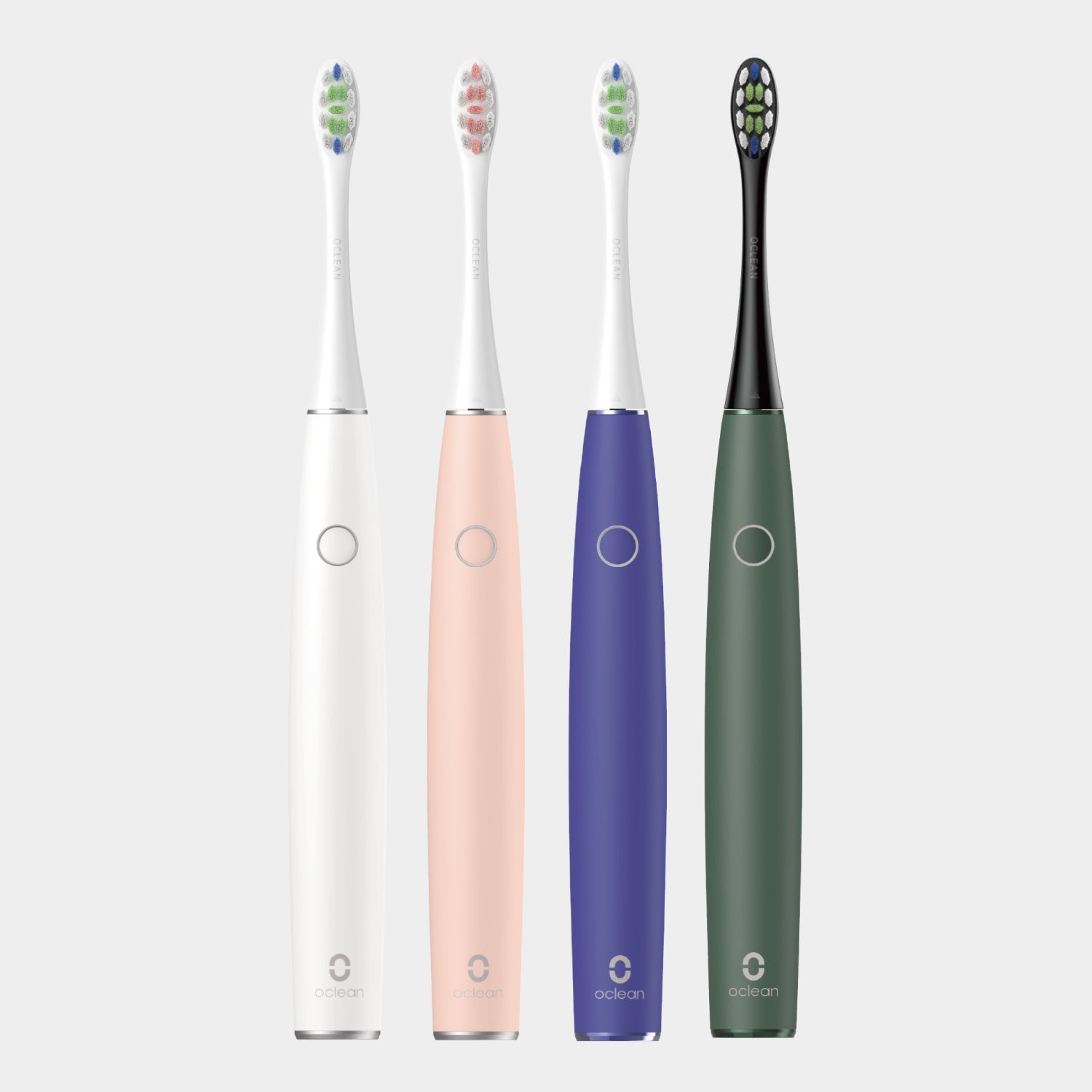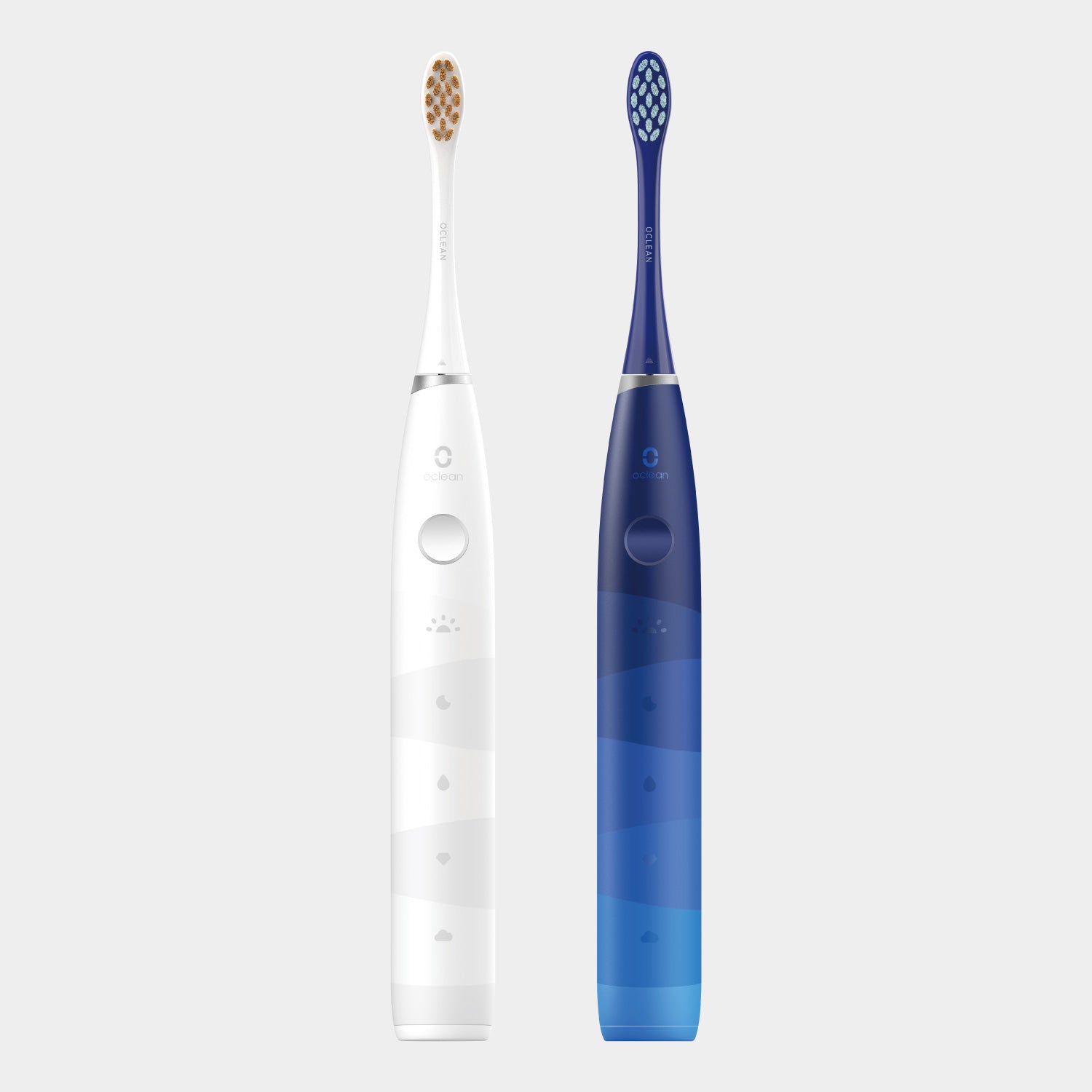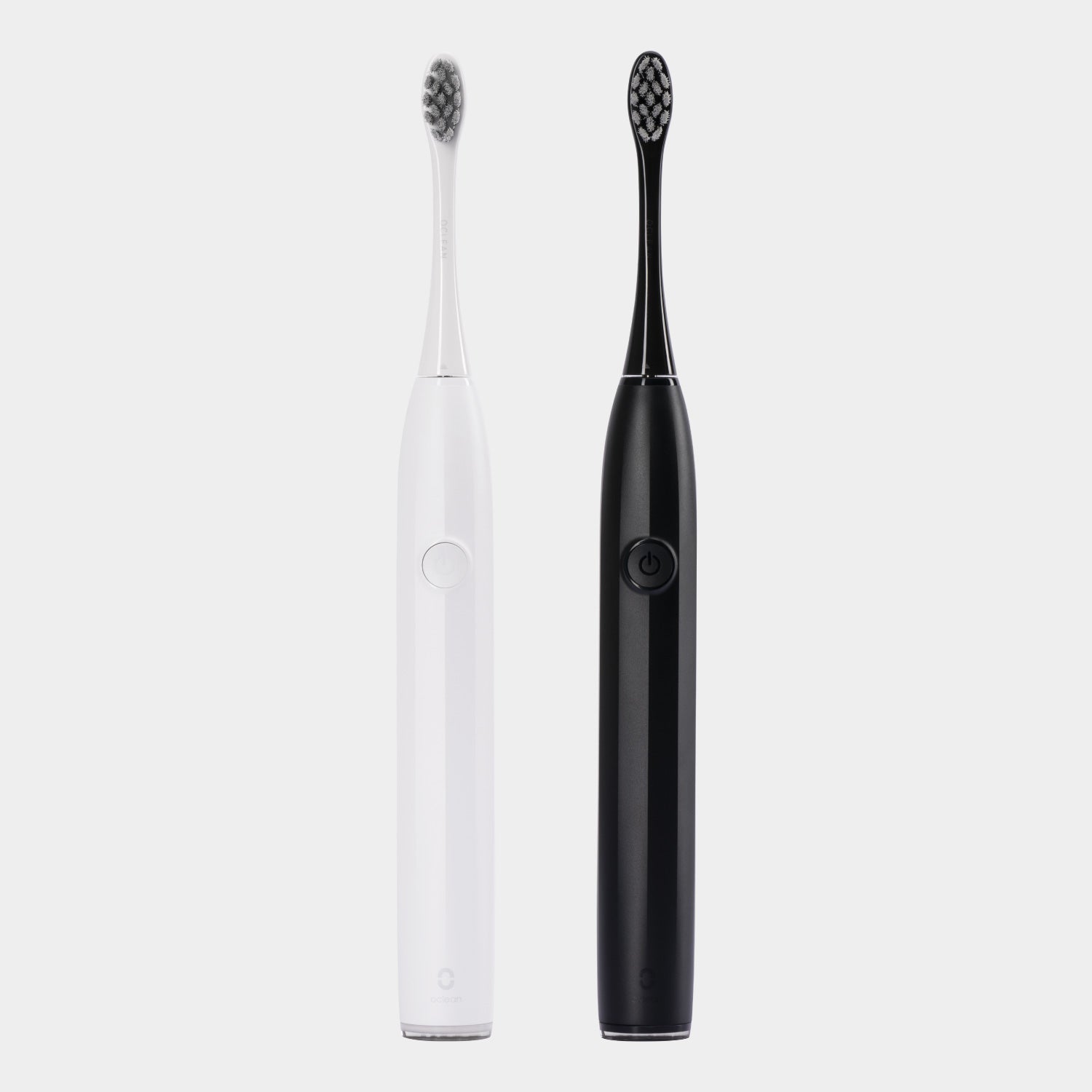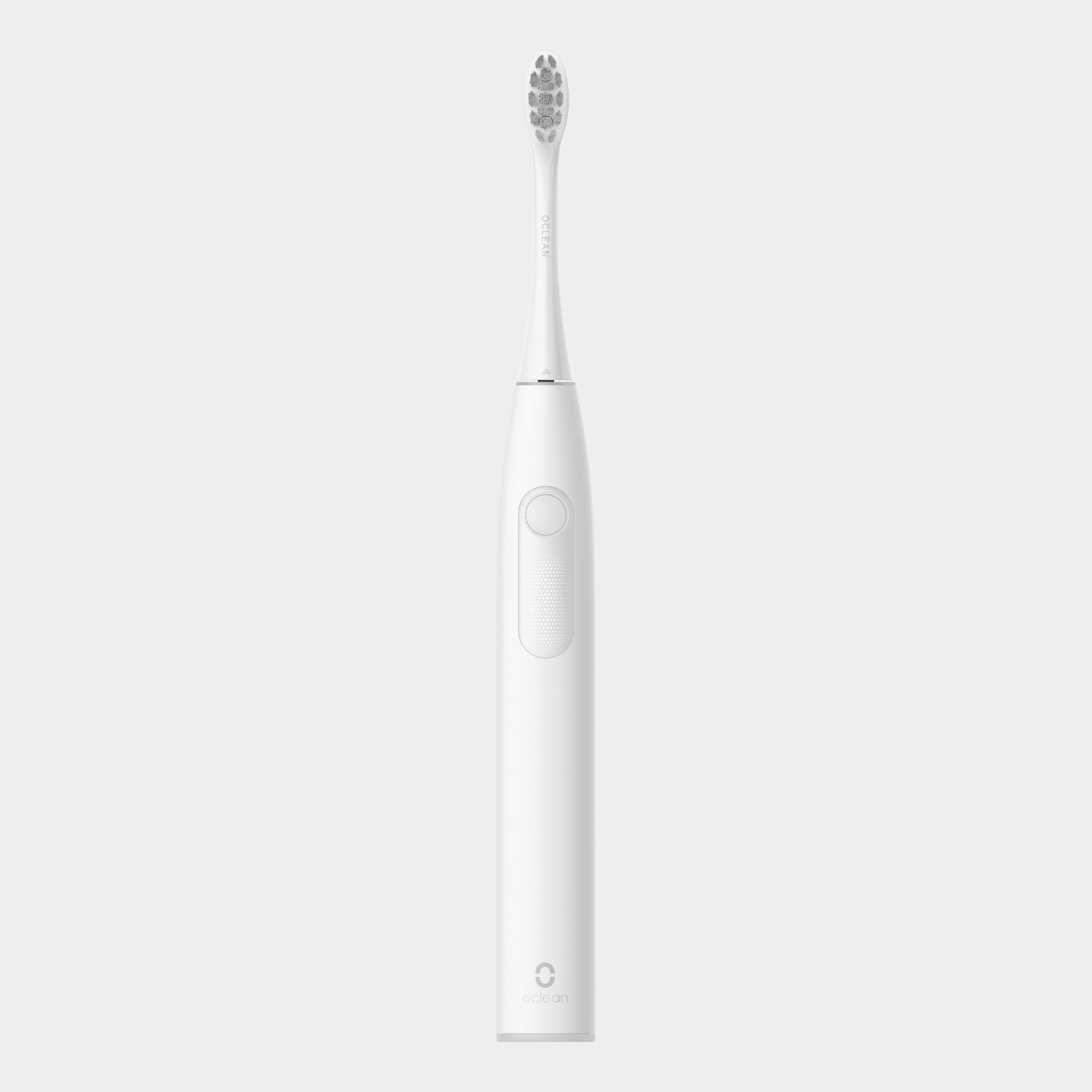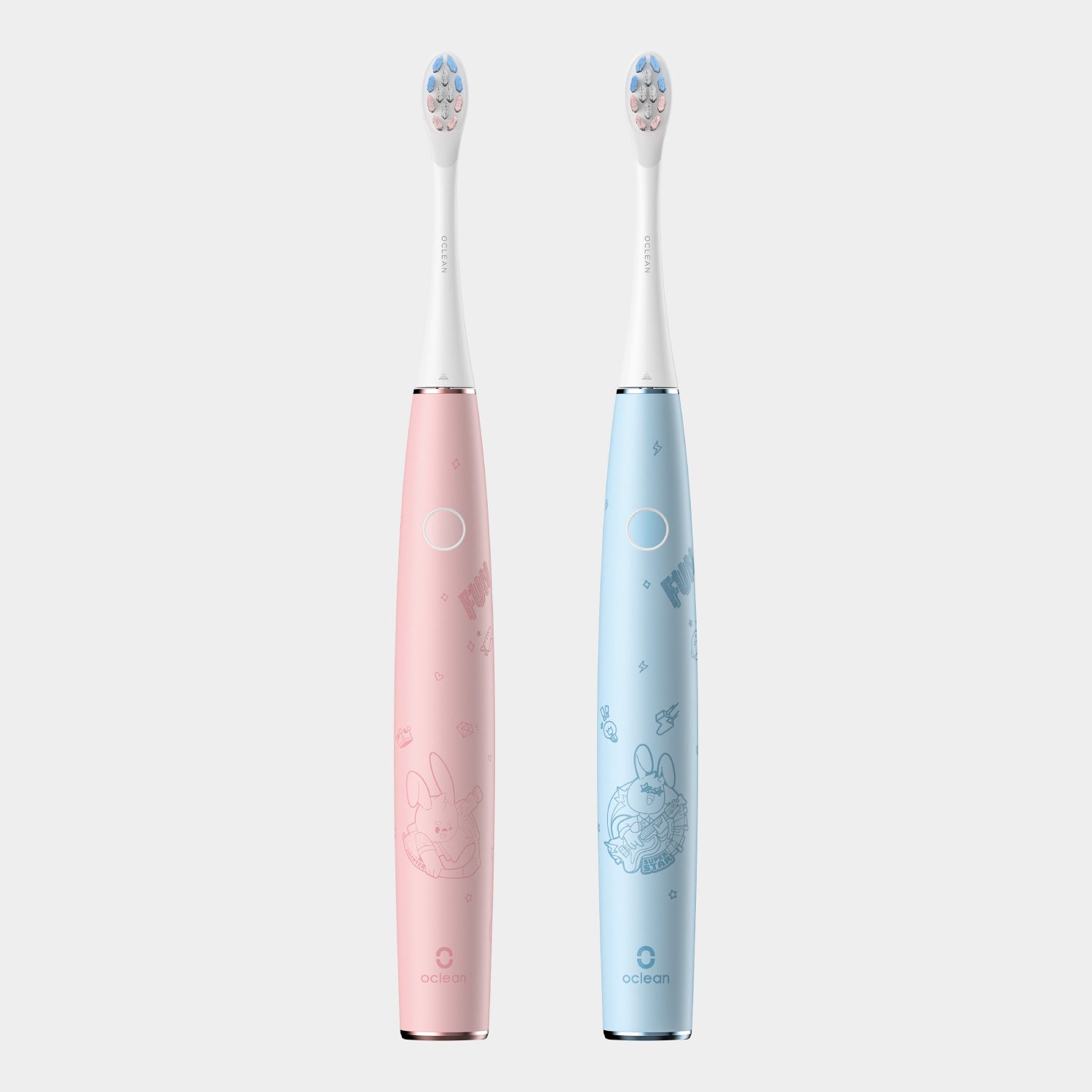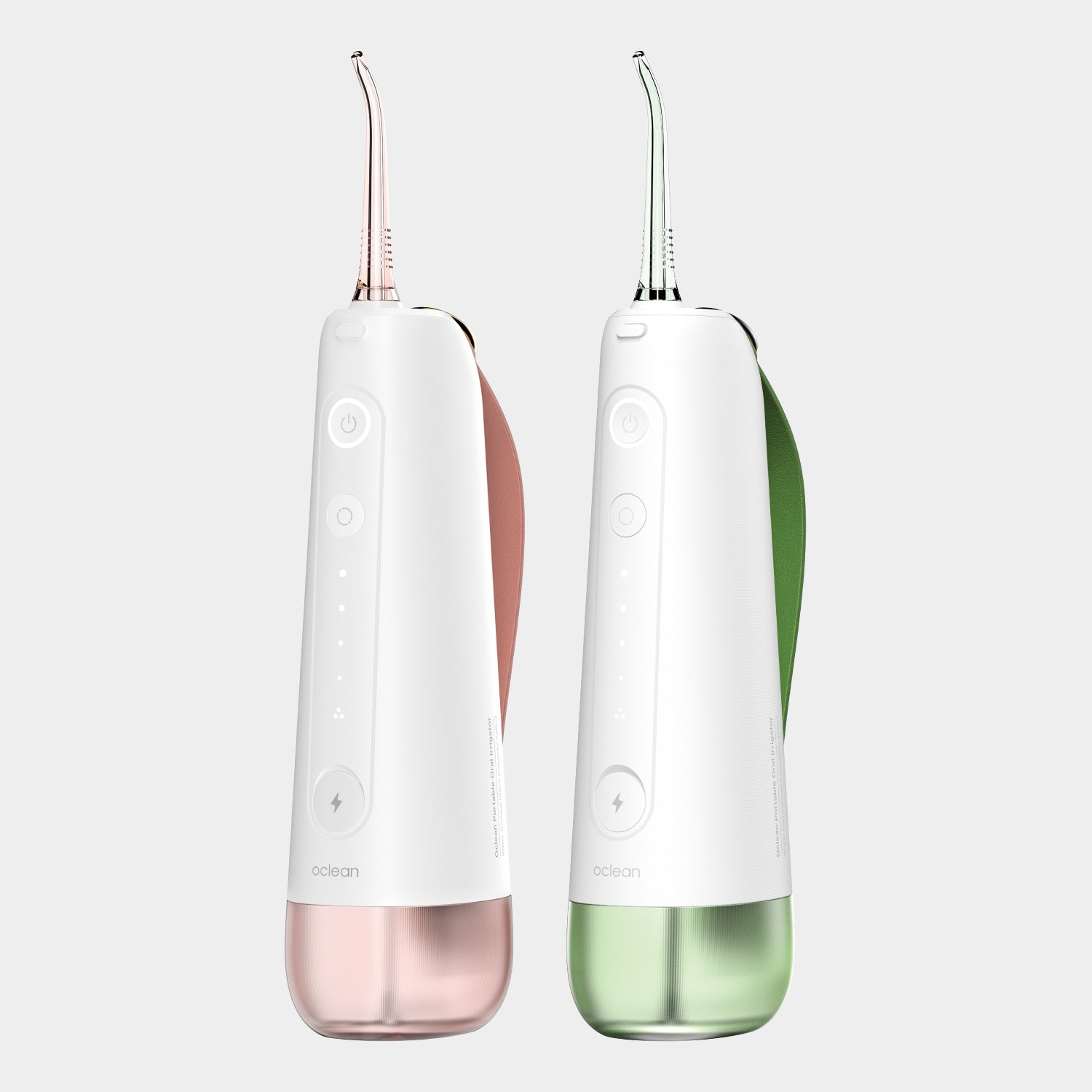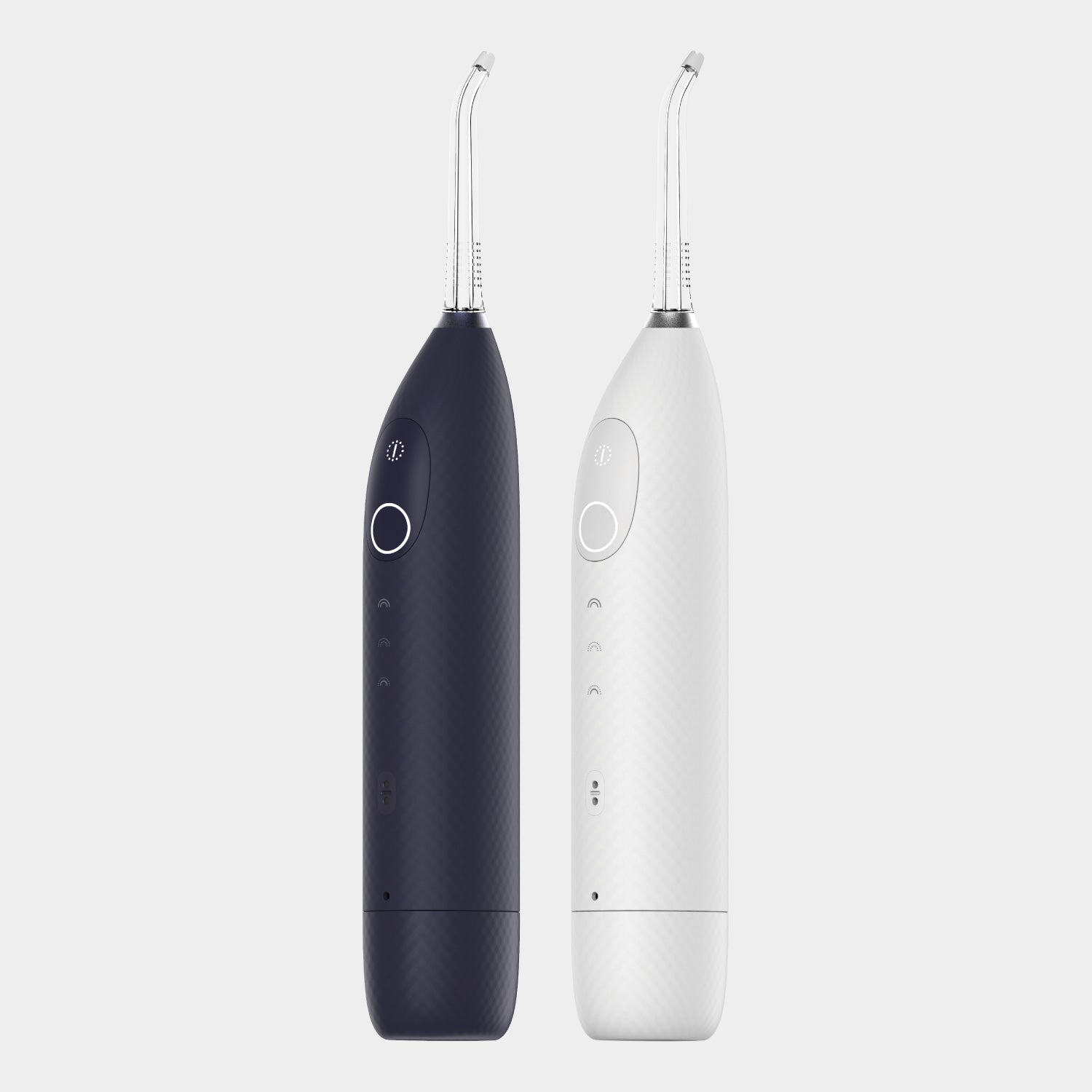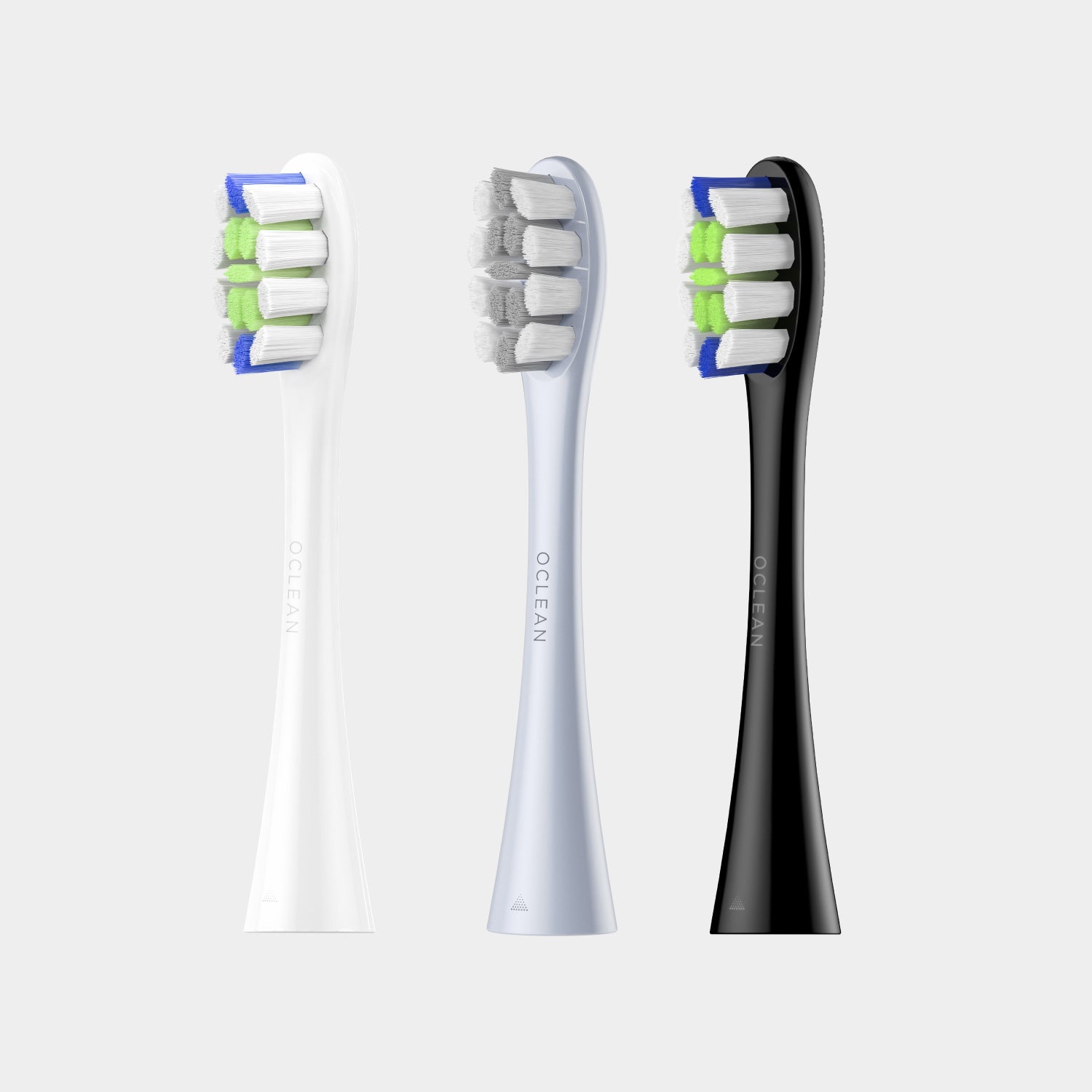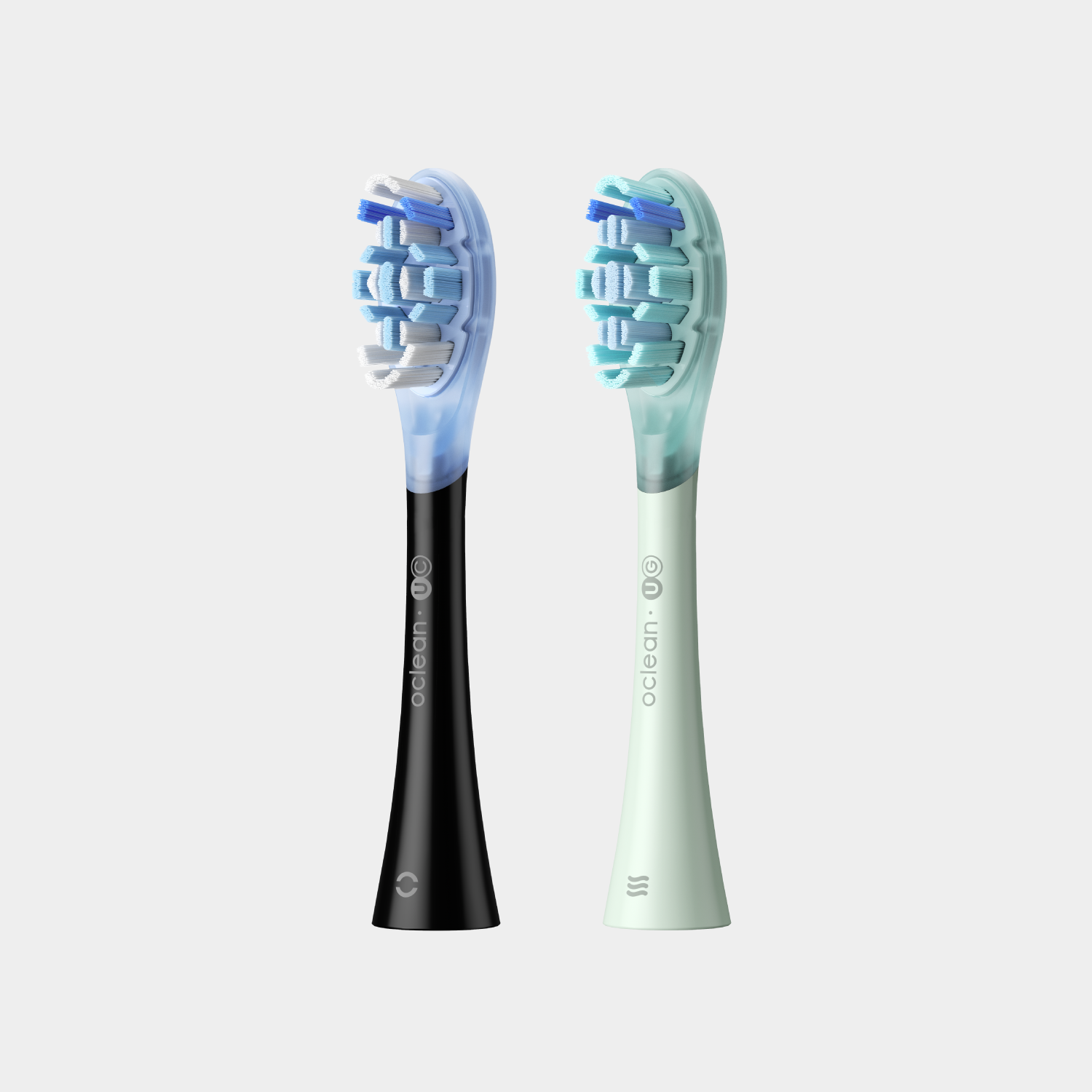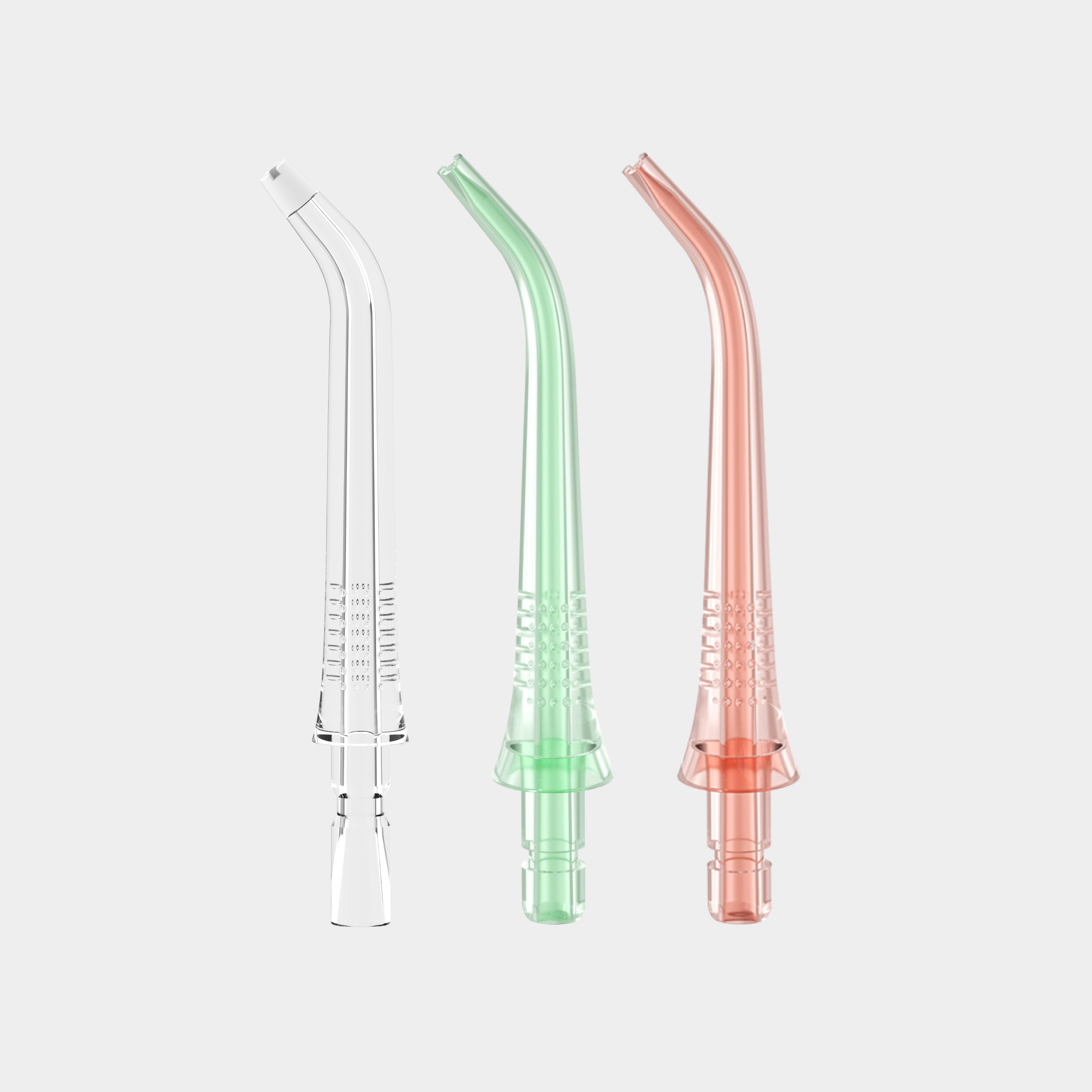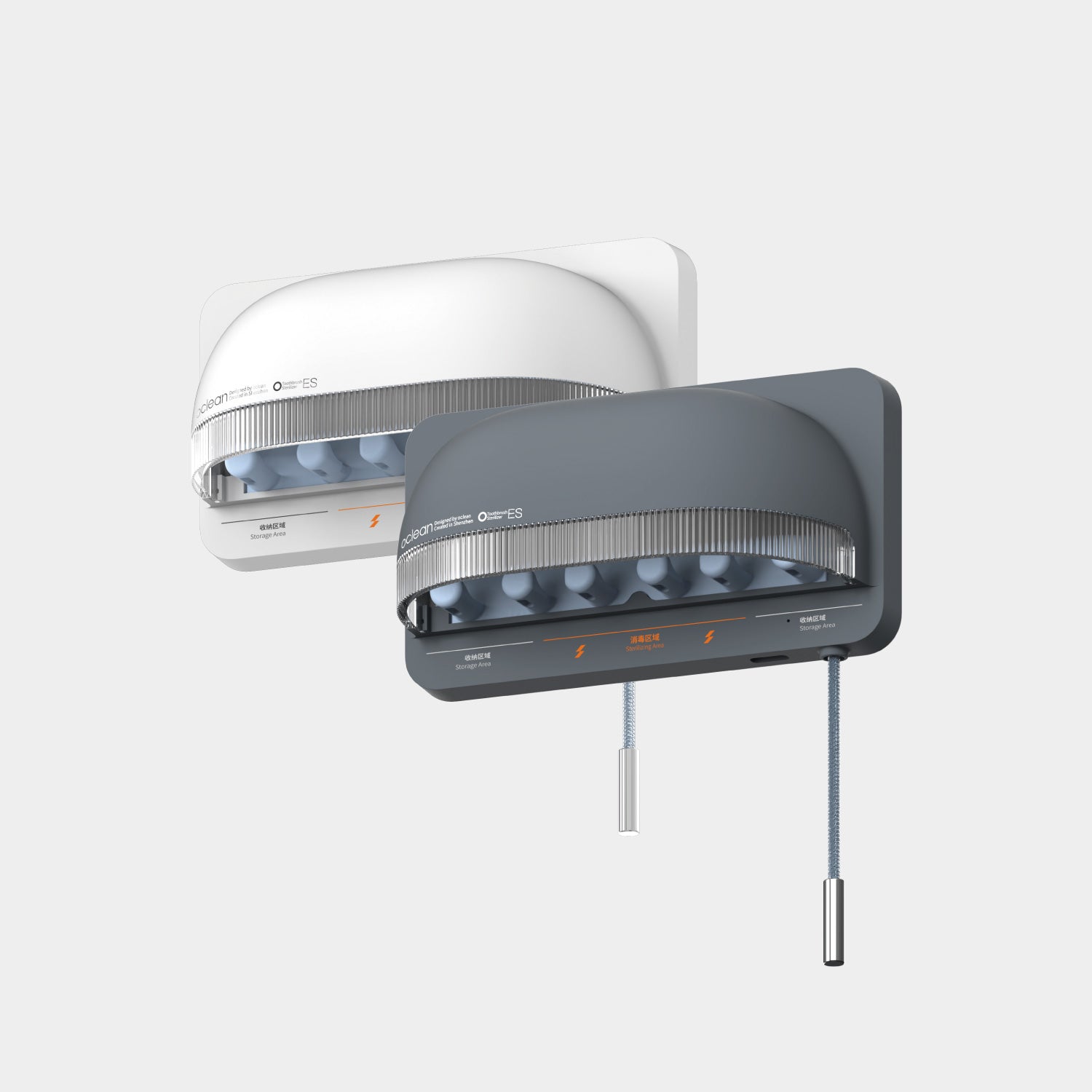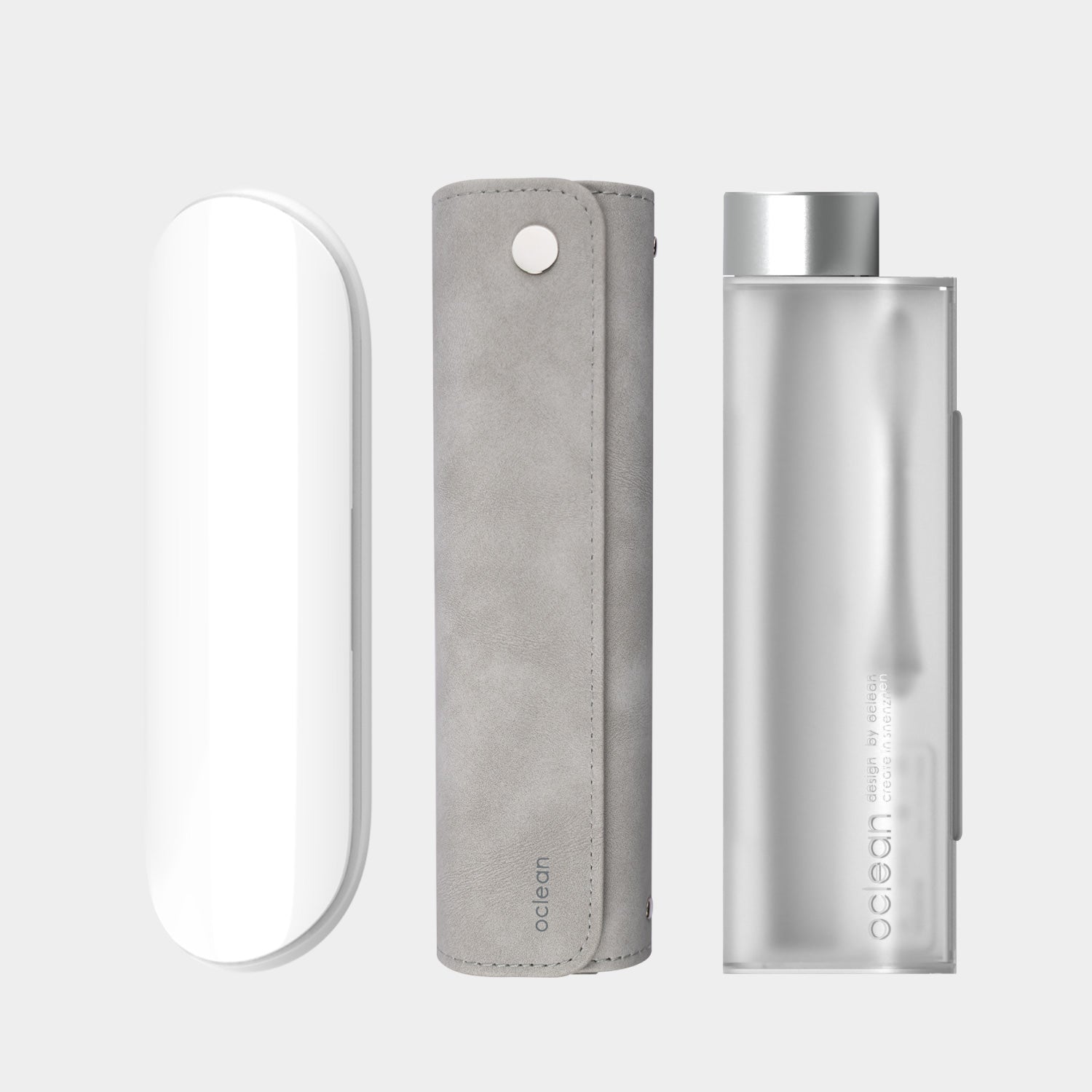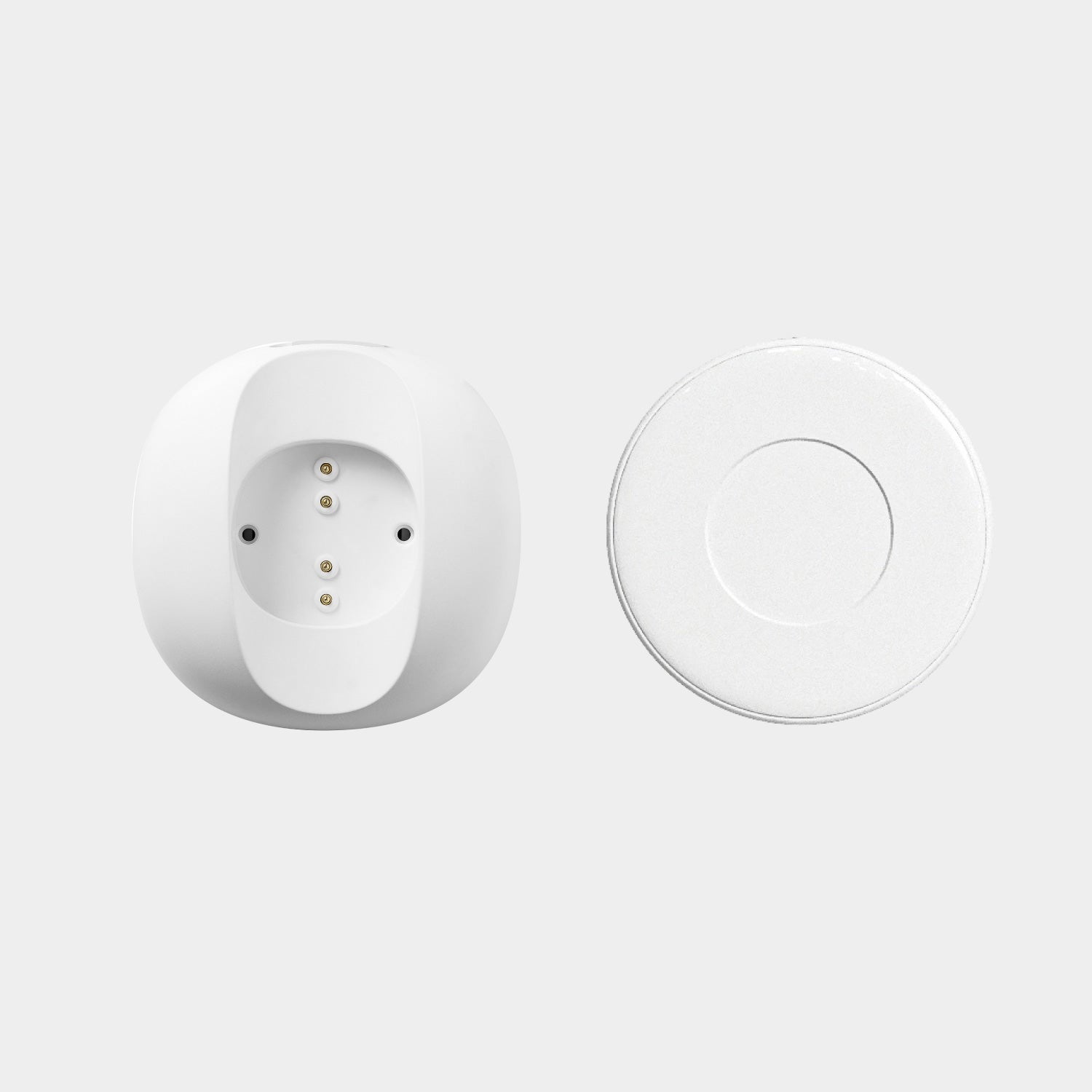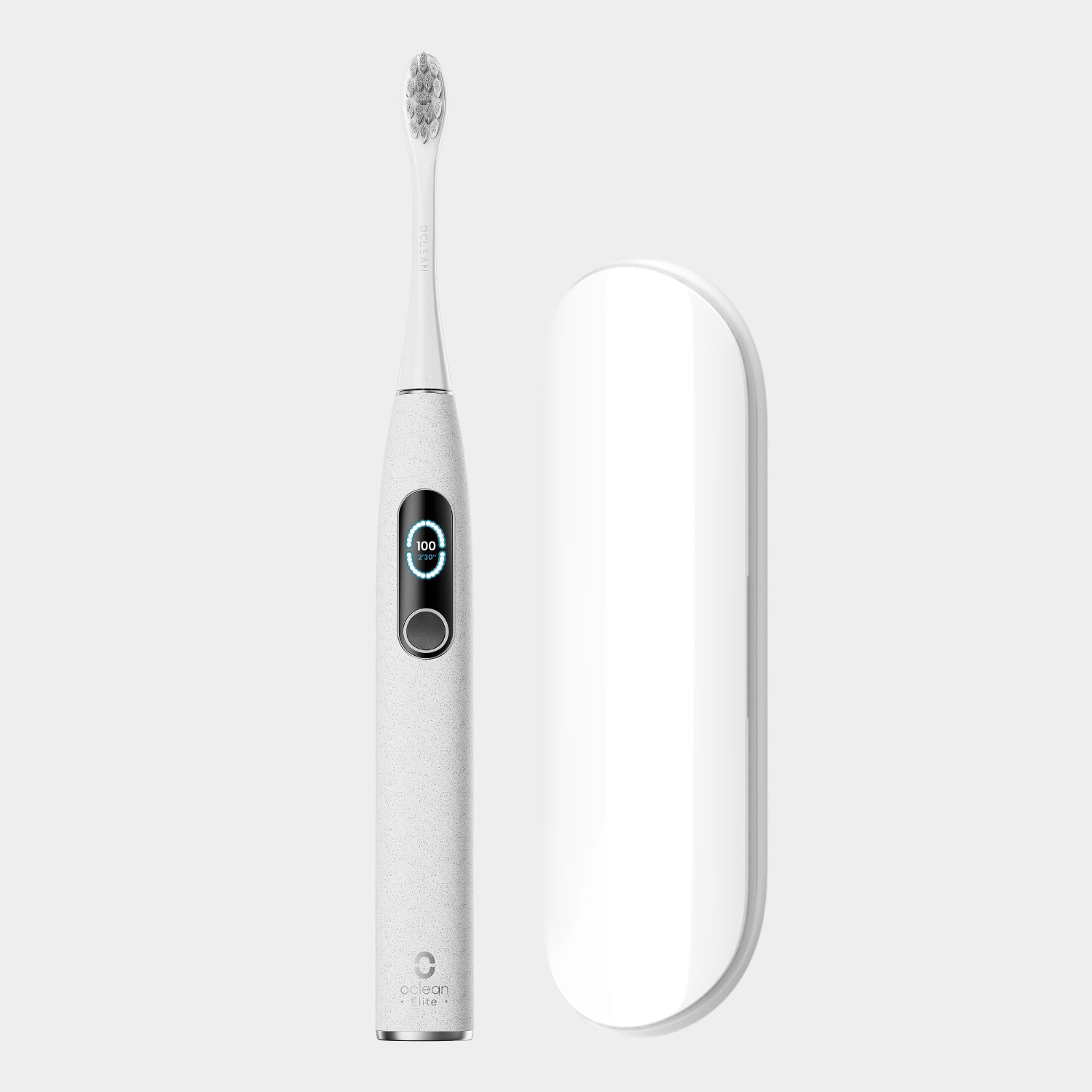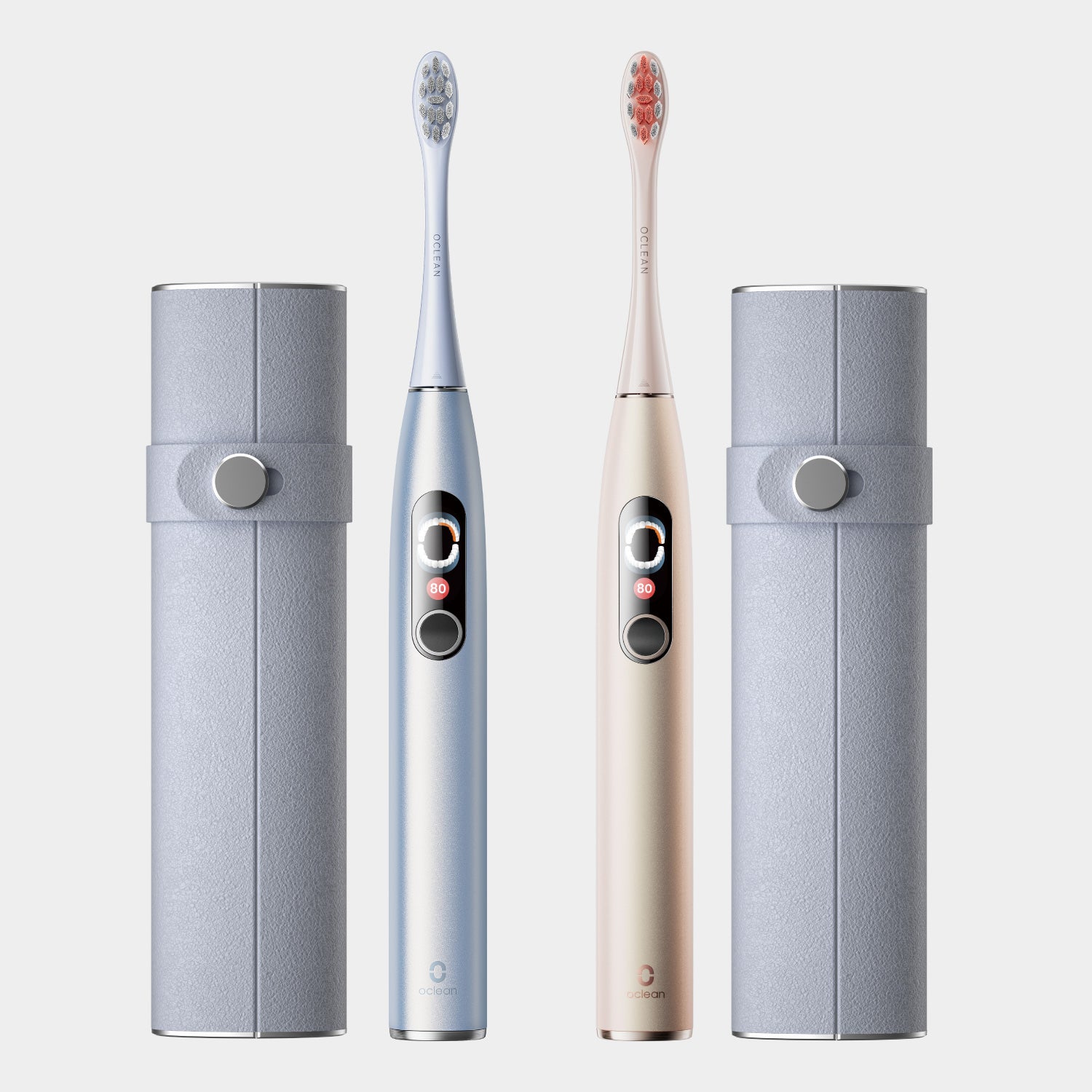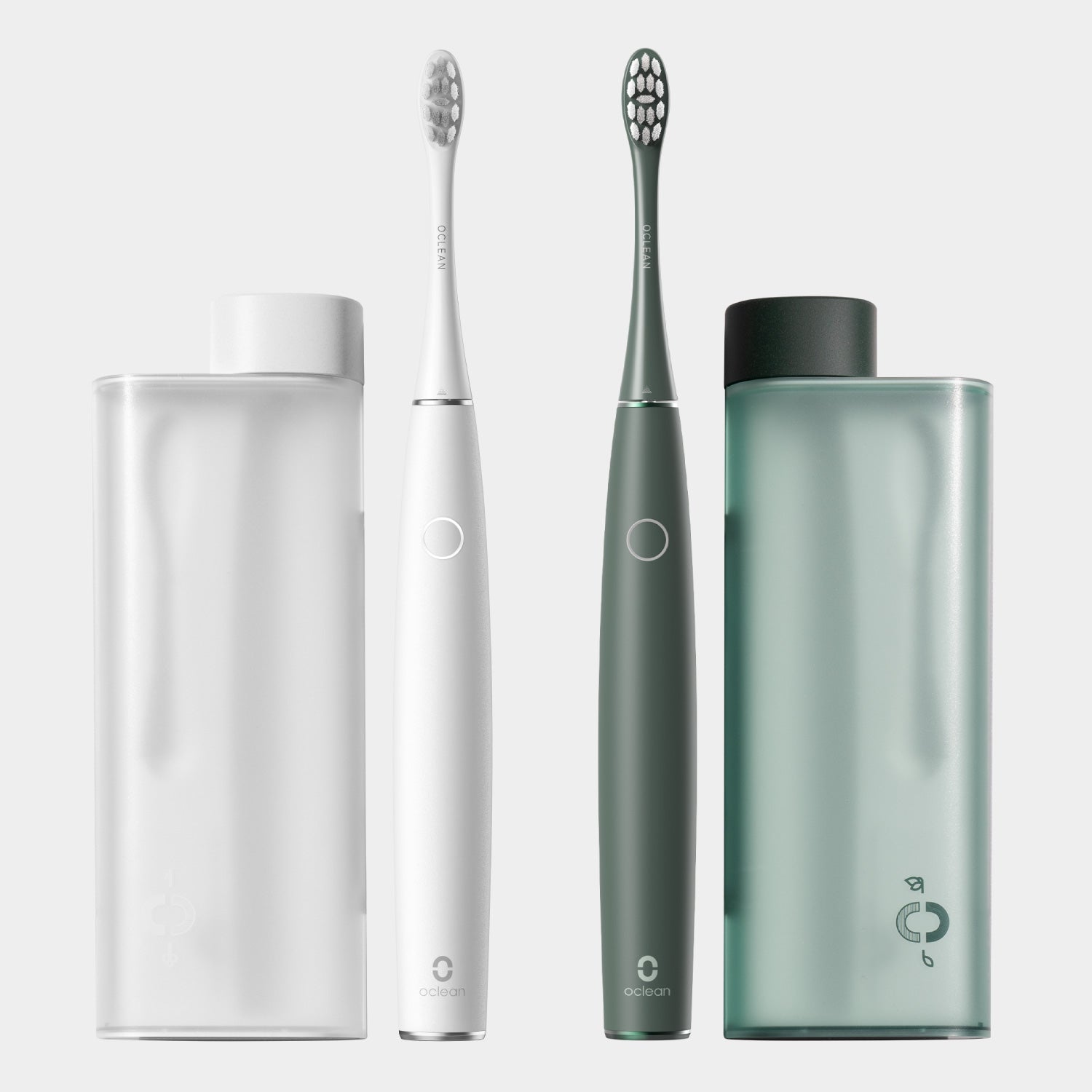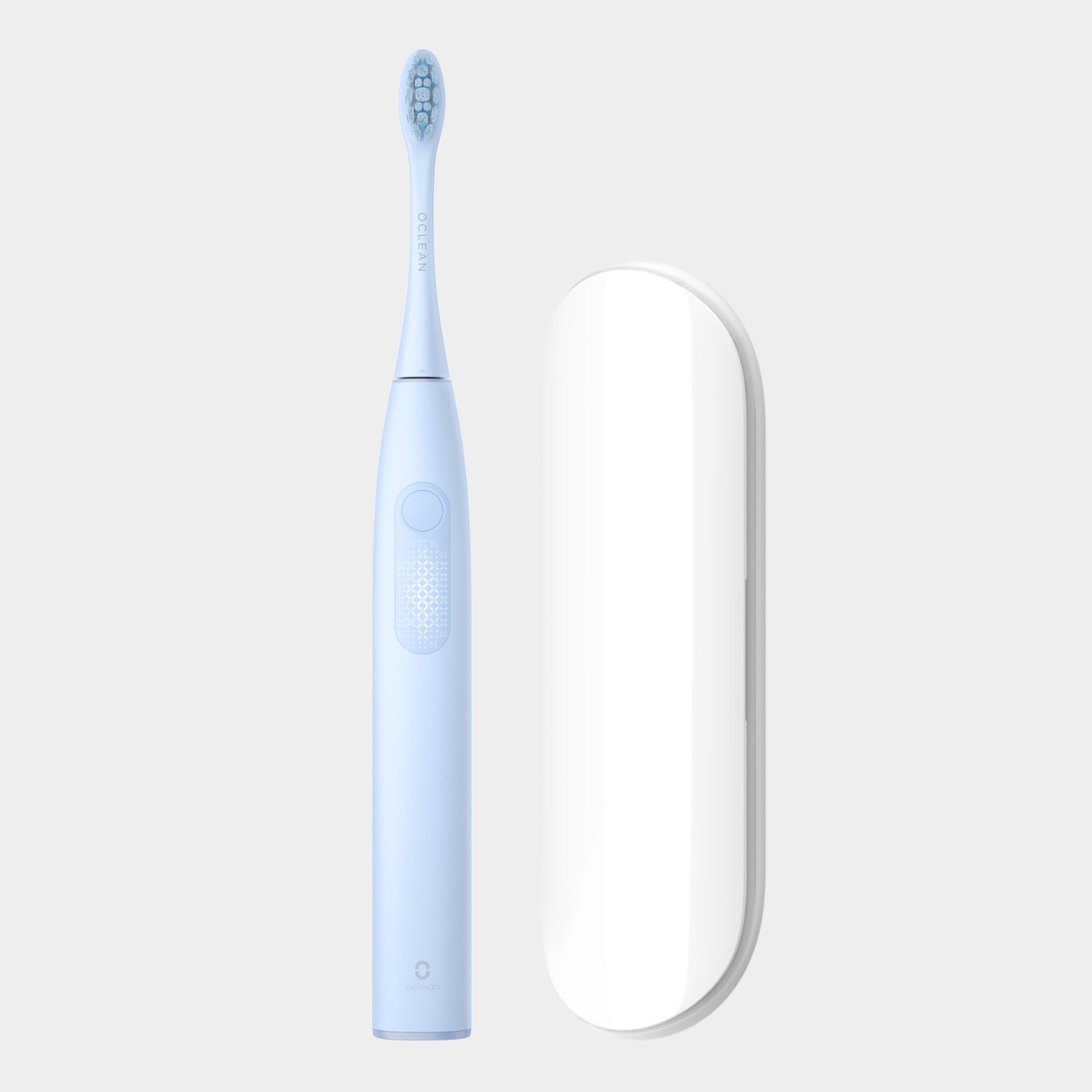A Guide To When Your Child Will Start Losing Teeth
Was it the right time for the tooth to fall out?
Right after losing a tooth, the primary concern for a child is whether or not the tooth fairy will visit tonight. However, parents have more pressing matters to worry about: What age do kids start losing teeth? Was this the right or average age for the tooth to fall out? When will the replacement tooth erupt?
When do kids start losing teeth?
You might have noticed teeth in your child's mouth when the child was around 6 months of age. The typical age range is 6 to 12 months; by the age of 2.5 to 3 years, your child will have a mouth full of 20 milk teeth.
According to the American Dental Association, the age for losing your first baby tooth is 6 or 7. The tooth is usually one of the two front upper or lower teeth. Naturally, the teeth fall out in the same order they erupted in and are replaced by 32 permanent teeth.
Anxious parents, who research tooth fall ages approach the dentist with the question: "If the normal age is 6 or 7, why are my 4-year-old's teeth falling out?"
Is 4 years old too early to lose a tooth?
Every child is different. Their anatomy, metabolism, and growth rate, compounded with unique genetic, ethnic, and environmental characteristics, means 6 or 7 years can sometimes prove to be a very short range. Dentists usually consider the abovementioned factors and widen the age range without consequence: accepting that a 4 to 7 range is also regarded as ordinary.
Losing teeth before 4 or after 7 years of age
Sometimes children may start to lose their teeth too early or too late. Both situations warrant a consultation with a pediatric dentist to determine the cause and discuss possible treatment options to prevent any malocclusions resulting from such an episode.
Remaining teeth naturally tend to move or drift towards the space a tooth leaves after it is shed. Losing a tooth too early before its predecessor is ready to erupt to fill the gap and prevent other teeth from taking its space could lead to a disturbance in the natural occlusion of the teeth and ultimately affect a child's smile and eating habits.
If a tooth is lost too late, the permanent dentition will either fail to erupt or will erupt in undesirable locations, thus, also affecting a child's smile and chewing and will also add to the cost of your dental bill tremendously.

*Image from Freepik@user17605885, we will delete it if constitutes infringement *
Protecting your child from premature loss of teeth: Oral hygiene maintenance
The best time to visit the dentist is right after the child's first tooth erupts. One of the most common reasons children lose their teeth too early is tooth decay.
Counseling children is a challenging task regarding oral hygiene maintenance. Thus, it is important to use the right tools, such as Oclean's smart toothbrush, that foster an interest in protecting oral health in children.
Here are a few tips on how to prevent premature tooth loss:
1. Children should be taught how to use their toothbrushes correctly:
There are various tooth brushing methods, some of that are particularly destructive. Sometimes children employ tooth brushing techniques that do not cover every tooth surface satisfactorily. The use of an electric toothbrush may solve this problem.
2. Use the right toothbrush:
When selecting a toothbrush, considering the head's size and the bristles' softness is essential. When choosing a sonic electric toothbrush, also consider its power and speed. Children also prefer a quiet electric toothbrush to one that makes too much noise.
3. Use the right toothpaste:
Children should use a pea-size amount of fluoride toothpaste.
4. Make the experience fun:
Children should enjoy taking care of their teeth and consider it a healthy learning experience. Dental visits should be pleasing, and brushing twice a day should not be considered bothersome.
Bottom-line
If you were an anxious parent asking yourself, "is age 5 too early to lose teeth?" you would be delighted to know that you have nothing to worry about. You can keep your child's mouth disease-free by introducing good oral hygiene habits, including investing in the right toothbrush, such as Oclean's electric toothbrush. As long as your child takes care of their teeth and regularly visits the dentist, your child can enjoy a healthy dental experience.
*Cover image from Freepik@uflypro, we will delete it if constitutes infringement *
Related Readings:
Can You Bring an Electric Toothbrush on a Plane
How Many Calories Are in Toothpaste
What Happens if You Swallow Toothpaste
Are Charcoal Toothbrushes Safe


